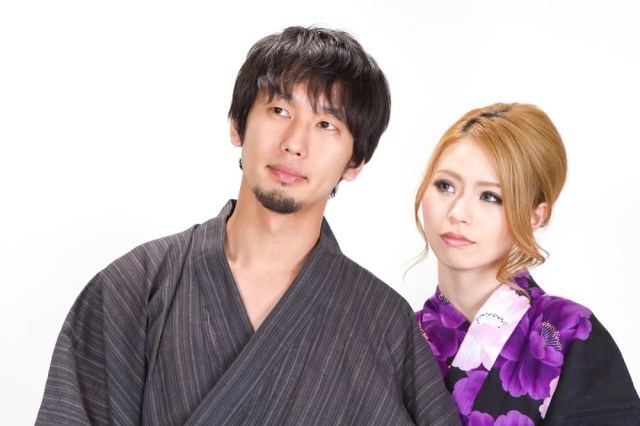Japan Supreme Court rules it’s constitutional to require married men and women have same surname

For the second time in less than a decade, Supreme Court says Mr. and Mrs. must match.
A few years ago, three sets of couples living in Tokyo submitted their marriage registration applications, and all of them said they wanted to retain their original family names after getting married. All of their applications were rejected, as the Japanese legal system requires that husbands and wives share the same family name in their official family register, or koseki, as the system is called in Japanese.
The couples contested that such a requirement is in violation of Japan’s constitution, citing the document’s Article 14, which guarantees “equality under the law” for men and women, as well as Article 24, which holds that laws related to marriage “be founded on the dignity of the individual and the essential equality of both sexes.” Collectively, the couples filed a lawsuit asking for their marriage applications to be accepted in 2018, which was rejected first in family court and then struck down once again in high court.
A subsequent appeal brought the lawsuit all the way to the Supreme Court of Japan, with all 15 judges rendering their decisions on Wednesday. 11 members, including Chief Justice Naoto Otani, ruled that the requirement that married couples have the same surname is not in violation of the constitution, with the remaining four issuing dissenting opinions. Of the Supreme court’s two female justices, one, Kazumi Okamura, was part of the majority accepting the requirement as constitutional, while the other, Yuko Miyazaki, found it unconstitutional.
▼ So along with “Your place or mine?” Japanese couples will continue to have to answer “Your name or mine?”

The ruling mirrors one made six years ago, in which the Supreme Court struck down a separate lawsuit claiming the same-surname requirement is unconstitutional. “Even while taking into account changes in society and public opinion since the ruling six years ago, I do not believe that there is anything that warrants now declaring the requirement unconstitutional,” said Otani.
It’s likely the stumbling block for the new lawsuit was its assertation that the same-surname requirement is unequal treatment of the sexes. The specific laws the lawsuit was targeting were Article 750 of the Civil Code, which says that “on the occasion of marriage, both spouses shall register with either the husband’s or the wife’s surname,” and Article 74 of the Family Register Law, which states that “a couple getting married shall state their surname on the application.” Neither law contains language to the effect that the wife has to take the husband’s name, just that both parties have to share one, meaning that the same restriction is placed upon both men and women. While it usually plays out that the wife takes her husband’s surname, it’s not unheard of for Japanese men to take their wife’s instead, especially if the wife has no other siblings who are going to be carrying her family’s name on to further generations.
However, the Supreme Court’s ruling doesn’t necessarily mean that married men and women will never be allowed to have different surnames in Japan. As alluded to in Otani’s comment above, there’s growing acceptance for the concept among the Japanese public. As a judicial body, though, the Supreme Court’s role is simply to decide whether or not a law is permissible under the constitution, not to decide which constitutionally potential laws should be in place. “The question of whether or not the current [surname] system is constitutional is a separate matter from whether or not it is the most appropriate,” Otani pointed out, adding that discussing and implementing potential revisions to the law is the role of legislators in the Diet.
Source: NHK News Web via Hachima Kiko
Top image: Pakutaso
Insert image: Pakutaso
● Want to hear about SoraNews24’s latest articles as soon as they’re published? Follow us on Facebook and Twitter!
Credit:

0 comments:
Post a Comment